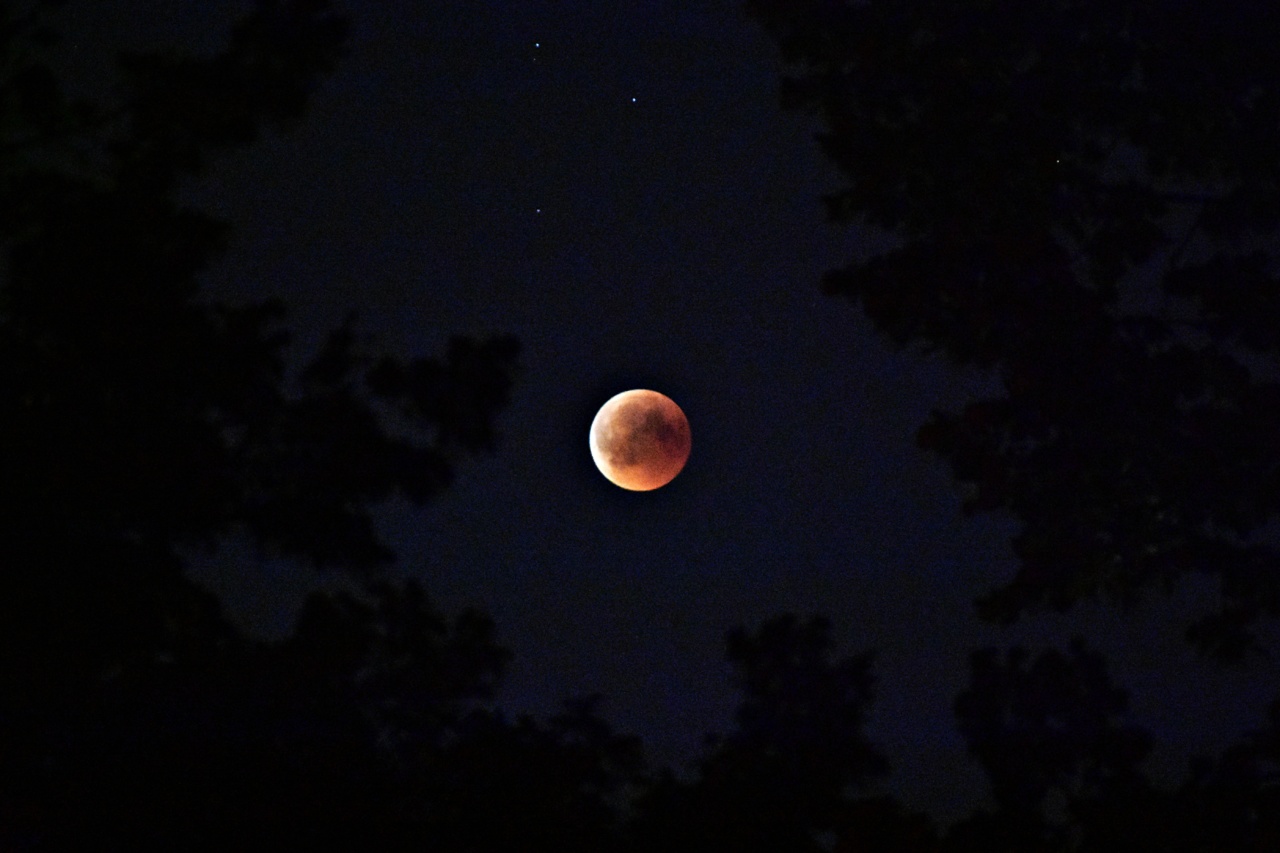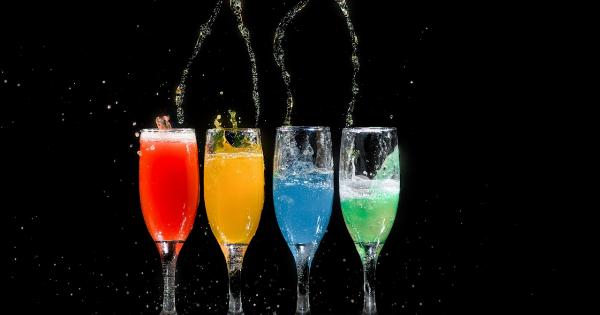For centuries, people have believed that the full moon can affect everything from the tides to the behavior of animals.
But what about its impact on human sleep? While scientific research on the subject is limited, many people report experiencing trouble sleeping during the full moon. In this article, we’ll explore the relationship between the moon and our sleep patterns.
The Science of Sleep Cycles
Before we dive into the full moon’s impact on sleep, it’s essential to understand how our sleep cycles work. When we sleep, our bodies go through various stages, each with its unique characteristics and functions.
The first stage is non-REM sleep, which is further divided into three separate stages. During this time, our muscles relax, and our breathing and heart rate slow down.
Our brains also begin to produce slower brain waves, which indicate that we are in a state of relaxation. It is during this stage that our body repairs and restores itself physically.
The second stage of sleep is REM or rapid eye movement sleep. This is the stage where dreaming occurs, and the brain becomes more active. Our heart rate and breathing also become irregular, and our muscles temporarily lose tone.
REM sleep is crucial for cognitive and emotional processing, and a lack of it can lead to mood and memory problems.
Throughout the night, we go through several cycles of non-REM and REM sleep. As we enter each cycle, our bodies produce different hormones and chemicals that help regulate our sleep and wake cycle. The most crucial of these is a hormone called melatonin.
The Role of Melatonin in Sleep Regulation
Melatonin is a hormone that is produced by the pineal gland, a small pea-sized gland located in the center of the brain. Melatonin is responsible for regulating our sleep and wake cycle and is heavily influenced by light and dark.
When we are exposed to light, our bodies produce less melatonin, which can make it more challenging to fall asleep. In contrast, in the absence of light, our bodies produce more melatonin, which makes us feel sleepy.
It is for this reason that many people use melatonin supplements to help regulate their sleep patterns. Melatonin supplements can help you fall and stay asleep, particularly if you are experiencing jet lag or other disruptions to your sleep cycle.
The Full Moon’s Impact on Melatonin Production
While the full moon does not produce any light of its own, it is believed that its brightness can affect melatonin production.
When there is a full moon, the night sky is brighter, which can reduce melatonin production and make it more challenging to fall asleep. Some scientists believe that the full moon’s impact on melatonin production can be so significant that it can disrupt the sleep patterns of some people.
Another theory about the full moon’s impact on sleep is related to its gravitational pull.
It’s no secret that the moon’s gravitational pull influences the tides, and some scientists believe that it could affect our bodies in a similar way. The idea is that the moon’s gravitational pull could cause our bodily fluids to shift, leading to restlessness and difficulty sleeping.
The Evidence on the Full Moon and Sleep
Despite countless anecdotal reports about the full moon’s impact on sleep, there is little scientific evidence to support these claims.
In a study published in the journal Current Biology, researchers found that while people had lower levels of melatonin during the full moon, there was no difference in their sleep patterns or behavior.
Another study conducted by researchers at the University of Gothenburg in Sweden found that sleep quality was worse and people took longer to fall asleep during the full moon.
However, the study had a small sample size and did not control for other factors that could have affected sleep quality.
While there is not enough scientific evidence to definitively prove that the full moon affects our sleep, it is clear that many people experience disrupted sleep during this time.
Whether it’s due to the moon’s gravitational pull or the perceived brightness of the night sky, it is essential to take steps to ensure that you get enough sleep, even during a full moon.
Tips for Sleeping Better During a Full Moon
While the full moon’s impact on sleep may be difficult to avoid, there are steps you can take to improve your sleep quality during this time. Here are some tips:.
- Avoid caffeine and alcohol: Both caffeine and alcohol can interfere with your sleep, so it’s best to avoid them, particularly in the hours leading up to bedtime.
- Limit screen time: The blue light emitted by screens can reduce melatonin production and make it harder to fall asleep. Try to limit your exposure to screens in the hours before bedtime.
- Create a calming bedtime routine: Establishing a relaxing bedtime routine can help signal to your body that it is time to wind down and prepare for sleep. This could include reading a book, taking a warm bath, or practicing yoga or meditation.
- Invest in blackout curtains: If the perceived brightness of the full moon is keeping you awake, investing in blackout curtains can help block out the light and create a more conducive sleep environment.
- Consider natural remedies: There are several natural remedies that can help improve your sleep quality, including chamomile tea, lavender essential oil, and valerian root extract.
Conclusion
The moon has fascinated humans for centuries, and its potential impact on our sleep is no exception.
While scientific research on the subject is limited, many people report experiencing disrupted sleep during the full moon, leading some to believe that the moon’s brightness or gravitational pull could be to blame. While more research is needed to definitively prove the full moon’s impact on sleep, it is clear that taking steps to improve sleep quality, such as limiting screen time and investing in blackout curtains, can help during this time.




























